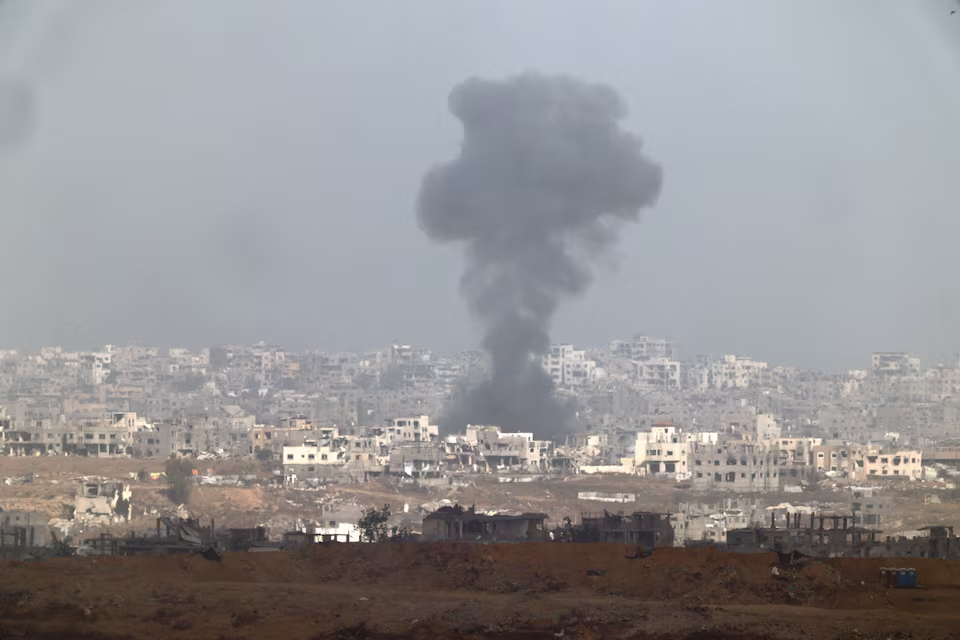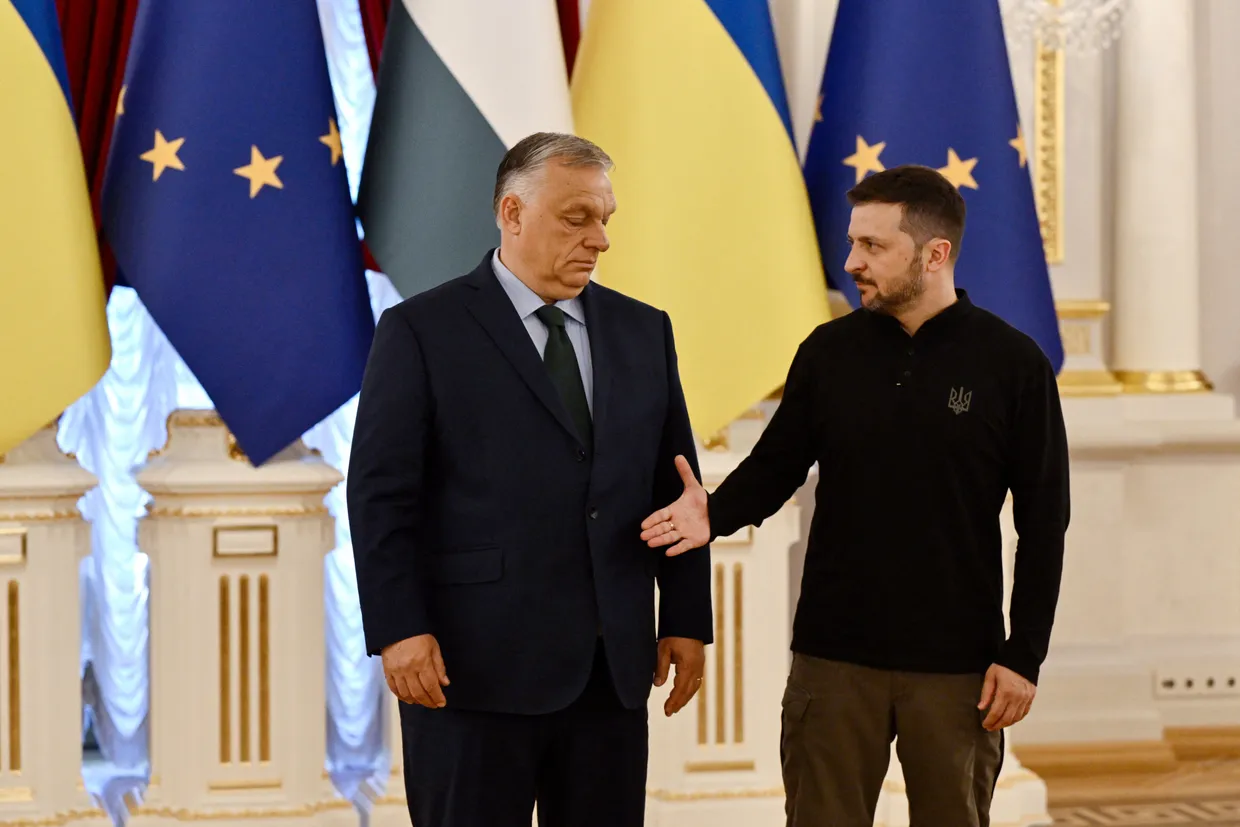Germany has issued its strongest public criticism of Israel since the start of the Gaza war, with Foreign Minister Annalena Baerbock condemning the extent of destruction and civilian suffering in the enclave as “incomprehensible.” The statement signals a marked shift in tone from Berlin, long considered one of Israel’s staunchest European allies.
Speaking at a press conference on Monday, Baerbock emphasized that while Germany supports Israel’s right to self-defense, the images emerging from Gaza are deeply troubling. “We are watching with growing dismay the scale of civilian casualties and destruction in Gaza,” she said. “The humanitarian situation is catastrophic and the devastation is, frankly, incomprehensible.”
The comments come in the wake of intensified Israeli military operations in southern Gaza, particularly in the city of Rafah, which have resulted in dozens of civilian deaths. An Israeli strike on what had been designated a humanitarian zone over the weekend reportedly killed numerous civilians, including women and children, sparking global outrage.
Baerbock called for immediate and unhindered access for humanitarian aid and reiterated Germany’s demand that Israel abide by international humanitarian law. “Respect for civilian life and infrastructure must remain a priority in any military operation,” she said. “There is no justification for the suffering we are witnessing.”
Germany has traditionally backed Israel in international forums and has maintained strong bilateral relations rooted in historical responsibility following the Holocaust. However, the increasing scale of civilian casualties in Gaza appears to be eroding Germany’s unwavering support.
Chancellor Olaf Scholz has remained more cautious in his public statements but is reportedly under growing pressure from within the governing coalition to reassess Berlin’s position. Members of the Green Party and Social Democrats have called for stricter scrutiny of German arms exports to Israel and greater emphasis on international law in foreign policy.
The Israeli government defended its actions, stating that Hamas continues to operate from within civilian areas and uses human shields, which complicates military operations. “Israel is targeting terrorist infrastructure,” an Israeli spokesperson said. “The responsibility for civilian casualties lies with Hamas.”
Nonetheless, Germany’s changing tone is being echoed by other European governments. In recent days, officials in Spain, Ireland, and Belgium have also expressed alarm at the humanitarian toll of the war. This collective criticism could mark a broader shift in the European Union’s stance toward Israel, particularly if the conflict continues to escalate.
Human rights groups welcomed Baerbock’s remarks. Amnesty International Germany issued a statement saying: “This is a long-overdue acknowledgment of the catastrophic impact the war is having on Palestinian civilians. Words must now be followed by actions, including arms export reviews and diplomatic pressure.”
Germany is one of Israel’s largest arms suppliers in Europe. According to recent parliamentary data, Germany approved nearly €300 million in weapons exports to Israel in 2023 alone. Critics argue that continuing such transfers amid the current conflict undermines Berlin’s stated commitment to human rights.
Public opinion in Germany is also shifting. Recent polls show growing discomfort with the level of destruction in Gaza, particularly among younger and left-leaning voters. Demonstrations across major cities have called for a ceasefire and a reassessment of German support for Israel’s military operations.
Baerbock concluded her remarks by stressing the need for a political resolution. “This war must not continue indefinitely. Both sides must come back to the negotiating table, and the international community must play its part in ensuring a just and lasting peace.”
As the humanitarian crisis in Gaza deepens and civilian casualties rise, Germany’s diplomatic recalibration may influence broader European engagement with the conflict. For now, Berlin appears to be trying to balance its historic alliance with Israel against mounting domestic and international calls for accountability and restraint.
Source: Reuters



